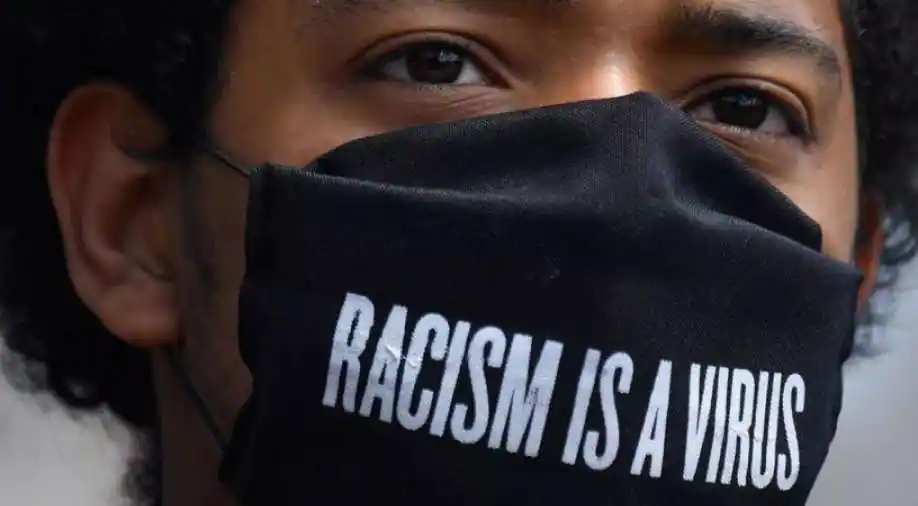
The Commission on Race and Ethnic Disparities published its report into racism last month
Geneva, April 20 (RHC)-- A body of experts that advises the United Nations on human rights concerns has criticised a government-backed report that concluded there was no systemic racism in the United Kingdom.
The UN Working Group of Experts on People of African Descent said on Monday that it was stunned to find that the report “repackages racist tropes and stereotypes into fact,” as it urged the British government to reject the findings.
“The report cites dubious evidence to make claims that rationalise white supremacy by using the familiar arguments that have always justified racial hierarchy,” the Geneva-based working group said.
“This attempt to normalize white supremacy despite considerable research and evidence of institutional racism is an unfortunate sidestepping of the opportunity to acknowledge the atrocities of the past and the contributions of all in order to move forward,” it added.
The Commission on Race and Ethnic Disparities, which was set up by United Kingdom Prime Minister Boris Johnson after last year’s Black Lives Matter protests, published its report on racism last month. Its conclusions that the United Kingdom is not “institutionally racist” or “rigged” against minorities have been widely denounced.
Some critics argued that the report downplayed the country’s historic role in slavery, with one section which read: “There is a new story about the Caribbean experience which speaks to the slave period not only being about profit and suffering but how culturally African people transformed themselves into a re-modelled African/Britain.”
The controversial report said race was becoming “less important” in creating disparities, compared with class and family backgrounds. Many academics, legislators, unions and anti-racism activists were sceptical of the findings in the 258-page report, with some claiming the commission ignored barriers to equality, while others said it downplayed the continuing legacy of Britain’s colonial past as well as its role in slavery.
The UN working group, meanwhile, poured scorn on what it described as the report’s “mythical representation of enslavement,” saying it was “an attempt to sanitise the history of the trade in enslaved Africans.”
This was “a reprehensible, although not unfamiliar tactic, employed by many whose wealth came directly from the enslavement of others, ever since slavery was outlawed”, the UN experts said. Johnson’s government rejected the criticism, with a spokesman for the prime minister saying the UN group’s conclusions misrepresented the report.
“Our view is that this report misrepresents the findings. We remain proud of the UK’s long history as a human rights champion and we encourage everyone to read the original report in full,” the spokesman told reporters. “This report in no way condones racist behaviour and, in fact, it highlights racism and inequality are still problems for our country.”
One of the main clarion calls in last year’s Black Lives Matter protests across the UK was for the government and institutions to face up to the legacy of the British Empire and the country’s extensive profits from the slave trade. The toppling of a statue of 17th-century slave trader Edward Colston in the city of Bristol in June prompted a pointed debate about how to deal with Britain’s past.
Many felt such statues extol racism and are an affront to Black Britons. Others, including Johnson, argued that removing them was erasing a piece of history.

